Over the years, nonprofit organizations have been urged to collaborate with other nonprofits, the public, and the private sector to better serve clients, be more efficient, and tackle complex societal needs. The Stanford Social Innovation Review calls this Collective Impact, a practice of traditional and nontraditional partners coming together to solve a broad range of social challenges. Meals on Wheels of Central Maryland’s approach has always been one of collaboration, starting with our early work engaging community volunteers.
Today, our client-centered services are implemented in close collaboration with a variety of traditional, as well as non-traditional partners. By harnessing the power of collective impact, by forging partnerships with government entities, nonprofits, hospitals, health care providers, houses of worship, philanthropies, and the corporate sector, Meals on Wheels of Central Maryland has a big impact on successful aging.
In a world where isolation and hunger threaten the health and wellbeing of countless older adults, Meals on Wheels of Central Maryland is proud to be a leader in social innovation and collective impact as we are called by our community to address these challenges. With clients at the heart of our mission, the foundation of our program, home delivered meals, is built the on human connection created with frequent interactions between the clients and the volunteers, and the partnership of those faith based and civic leaders who provide needed space to carry out our mission. In the decades since this basic yet brilliant tenet of service through partnership was conceived, we have applied it to all we do.
Our efforts to reduce social isolation, improve health, and allow older adults to remain living safely and independently at home with dignity requires ‘More Than a Meal’. This work involves partnership and collaboration at the deepest level. As an example, our approach to preventing falls — a primary driver of emergency room utilization among older adults and the reason many older adults are forced to leave their homes for skilled nursing facilities — involves the work of volunteers, staff, and other service, philanthropic, and public sector partners.
Two of the most common reasons older adults fall, dehydration caused by poor nutrition and unsafe housing conditions, are often first identified by the volunteer who report the findings to our case management team in real time using our state-of-the-art mobile delivery App. Once these conditions are identified, our case managers get to work identifying what and who is needed to resolve the issue. In the case of needed home repairs or modifications, Meals on Wheels of Central Maryland collaborates with contractors to make the needed repairs at little to no cost to the participant. This work is made possible by a collaboration of service providers Meals on Wheels of Central Maryland, Civic Works, our national membership partner, Meals on Wheels America and partnerships with the Home Depot and Weinberg Foundations that have grown stronger with every success story.
This is but one example of the collaboration and partnership necessary to show impact and truly make a difference.
Meals on Wheels of Central Maryland’s collaborative approach to serving older adults goes well beyond connecting funds and contractors. Our collaborations and partnerships assist older adults in other ways:
- Healthcare entities that aim to reduce healthcare costs through nutrition and related support for clients referred through medical systems.
- Maryland SPCA to deliver pet food on a quarterly basis.
- Supplemental Nutrition Assistance Program to educate clients on the benefits that they qualify for by participating in this program.
- Volunteers make wellness calls one or two times a week to a client, helping to reduce isolation, improve moods, and promote social engagement.
In order to implement a successful collective impact model, it takes an organization that
provides a clear vision on client-centered programming, the ability to identify and work with
common purpose partners, and the ingenuity to attract financial resources to benefit all
collaborating organizations. Meals on Wheels of Central Maryland leadership is exemplified in
the Food Access and Support Services Team (FASST) project which began as a meeting of select
private foundations and community-based organizations seeking to act on the Baltimore
Accountable Health Community’s 2018 report identifying food and nutrition needs as the
number one unmet health-related non-medical need among Medicare and Medicaid
beneficiaries living in Baltimore City. Now, FASST has evolved into a joint project with Moveable
Feast, Benefits Data Trust, Health Management Associates and the Maryland Food Bank, led by
Meals on Wheels of Central Maryland implementing programming that aims to meet the
nutritional needs of older adults and others in need in Baltimore City.
